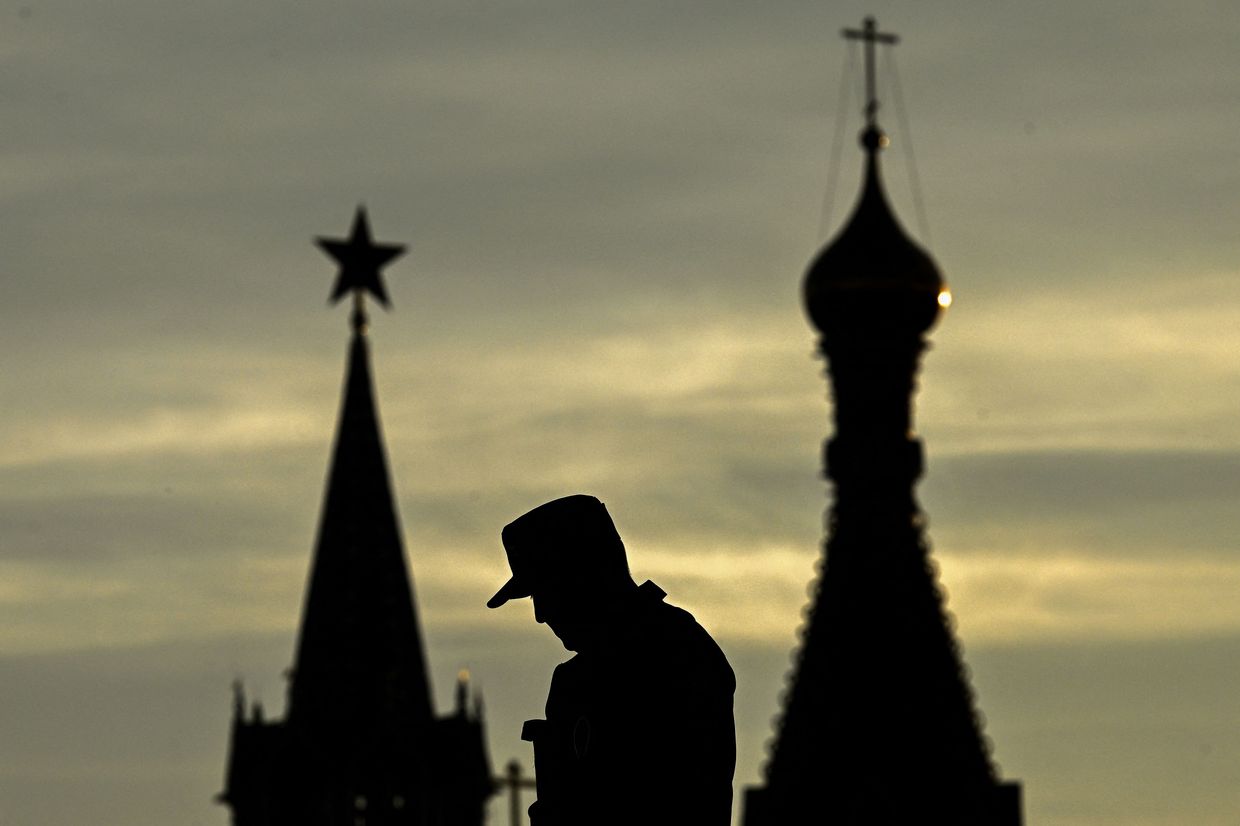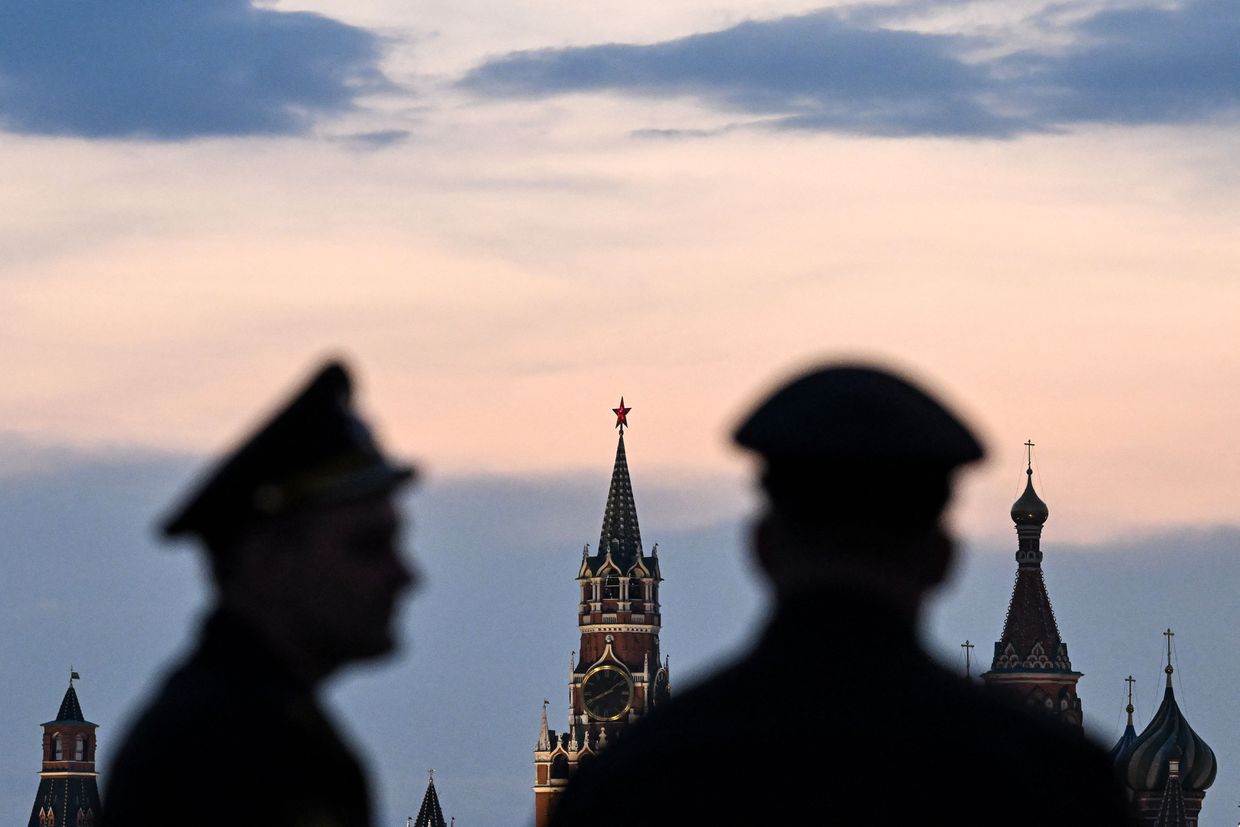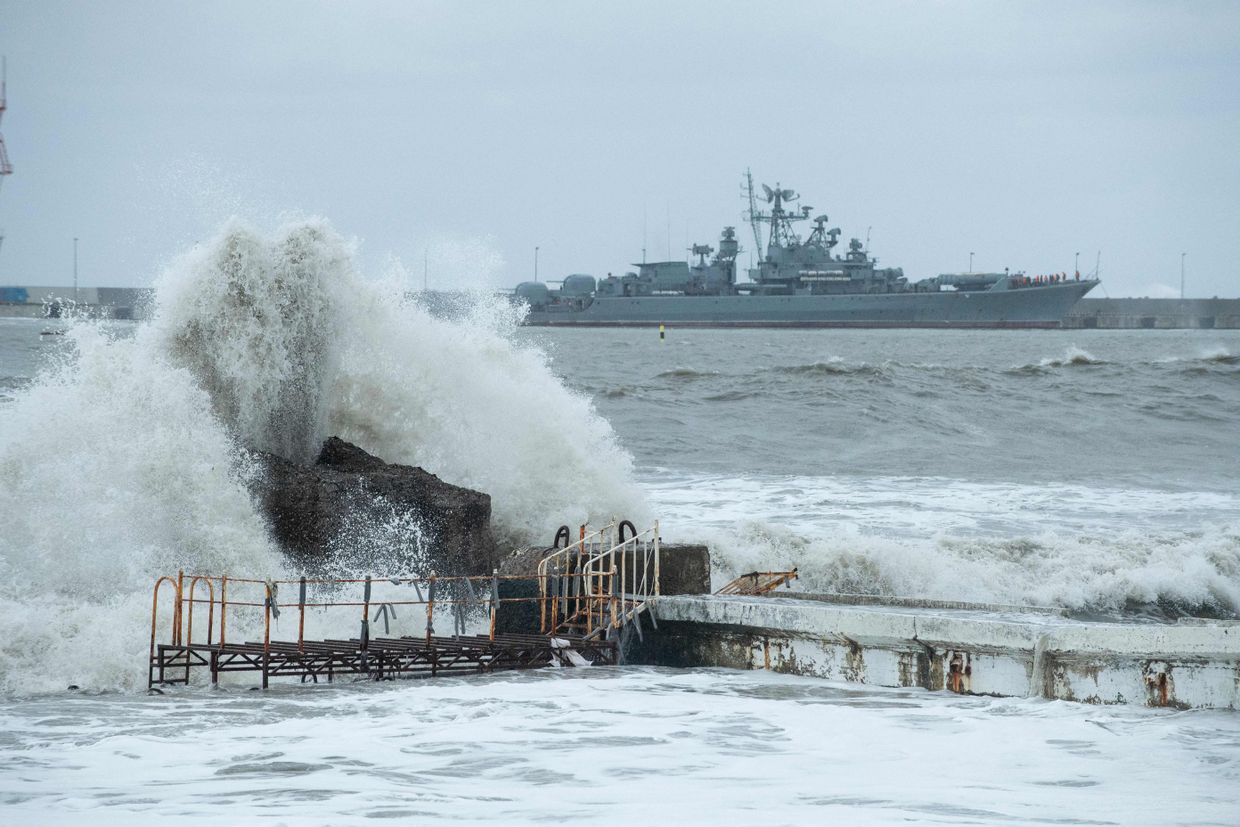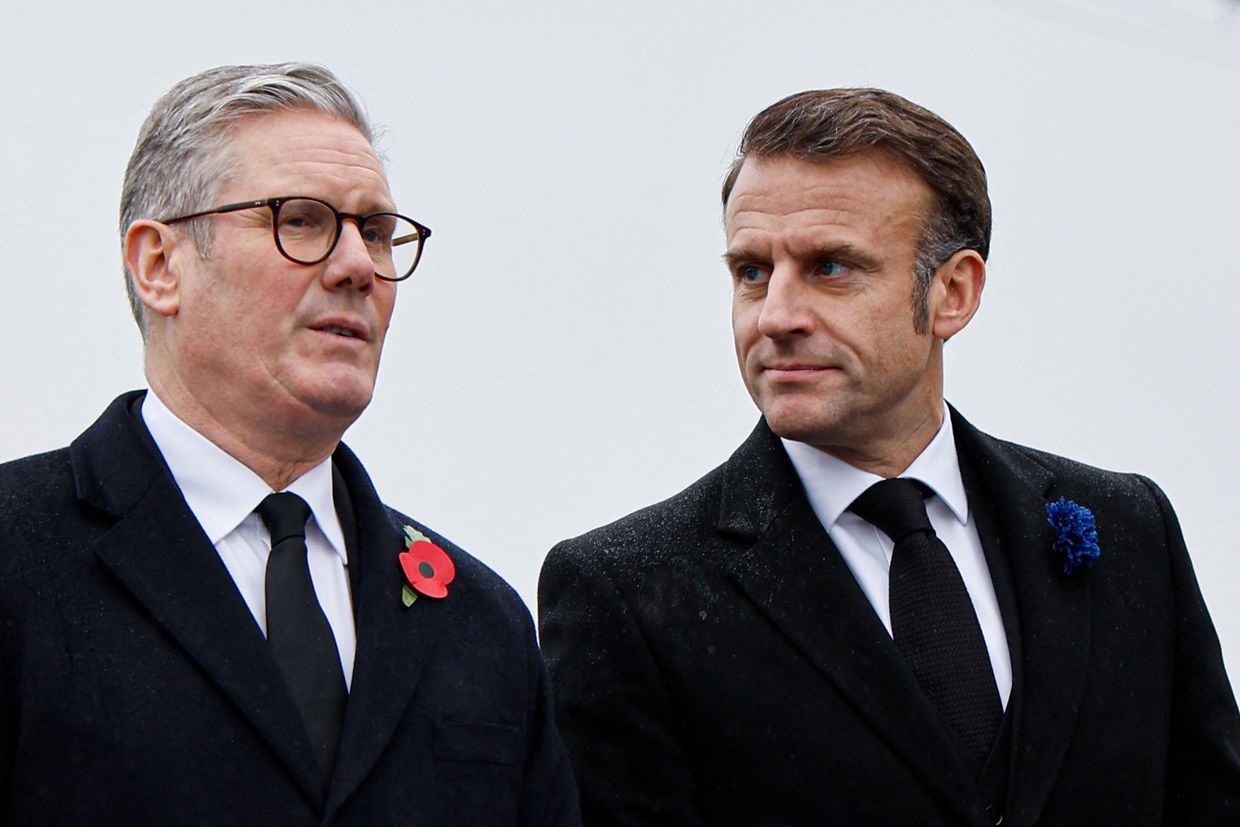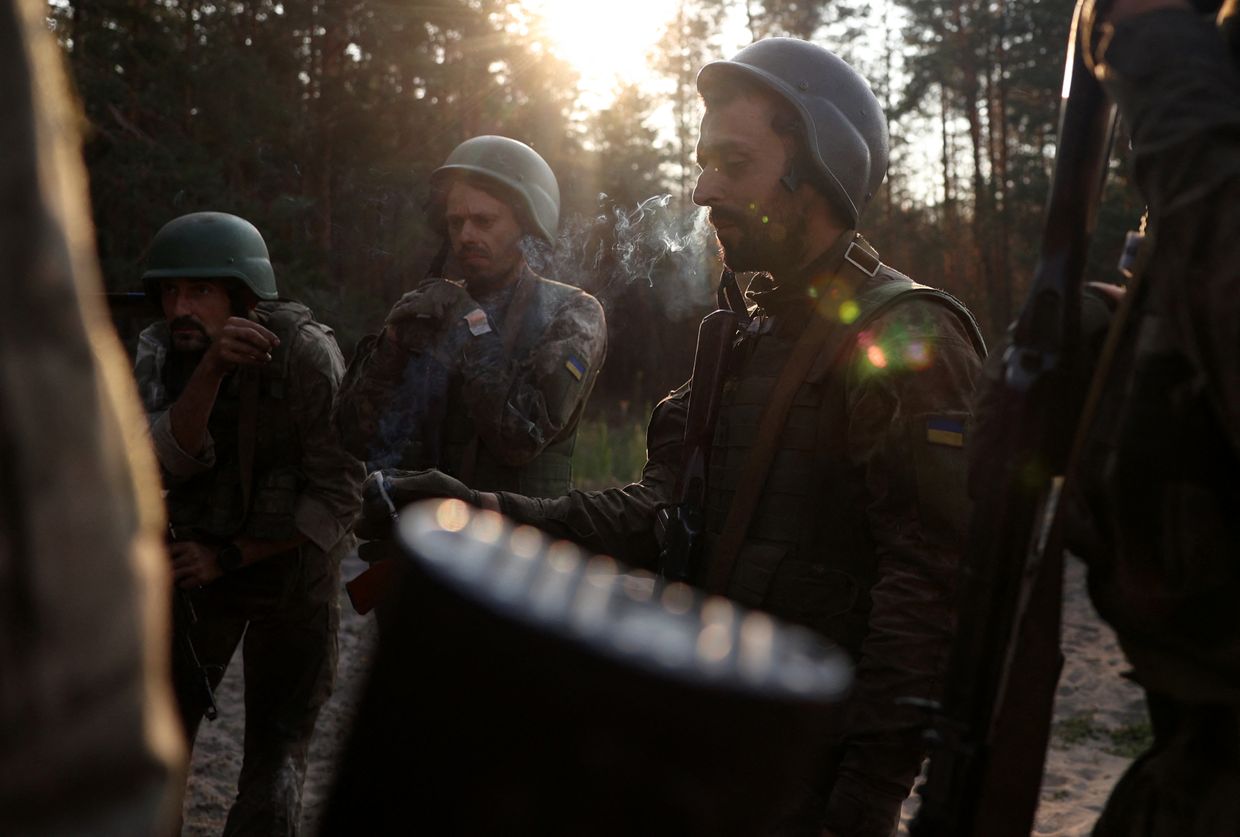Russian monthly inflation in November hit a record high, rising over 1.5 times compared to October, the Moscow Times reported on Nov. 27.
According to the Federal State Statistics Service (RosStat), during the week of Nov. 19-25, the consumer price index increased by 0.36%, up 1.15% from the beginning of the month, and over 8% from the beginning of the year.
The Russian economy is facing a challenge in light of poor harvest, as well as Western sanctions that have been tightening over the past three years due to the full-scale invasion of Ukraine.
Further constraints are caused by the substantial costs of supporting the war in Ukraine, including an increased military budget and domestic military production.
Inflation's biggest impact was on groceries, where prices have risen by a double-digit percentage and continue to rise, according to the RosStat.
Since the beginning of the year, the price for potatoes increased by 78.4%, cabbage — by 30.7%, and beetroot — by 27%. Butter costs 31.6% more, despite the government's attempts to increase imports from Turkey and Iran.
Overall food inflation exceeded 10% for the first time since January 2023, the Moscow Times reported.
Meanwhile, the currency value has continued to drop compared to the U.S. dollar, the euro, and the Chinese yuan.
The ruble exchange rate fell to 15.16 per yuan, 114.50 rubles per dollar and 120.83 rubles per euro, according to the London Stock Exchange Group (LSEG).
Russian Central Bank has decided not to conduct foreign currency purchases from Nov. 28 until the end of 2024.
Russia's ruble suffered a blow following the news that the U.S. had imposed sanctions on 50 Russian banks, including Gazprombank.
Until now, the U.S. had avoided targeting Gazprombank to enable European countries to continue paying for Russian gas supplies, as the bank serves as the main channel for energy-related payments, the Financial Times reported.
With this channel closed, international payments for Russian oil and gas will be harder, drying up a part of the Kremlin’s foreign currency revenue.
The ruble is expected to weaken further with the beginning of the winter holiday season, as companies have to import more goods from abroad to satisfy increased consumer demand.
